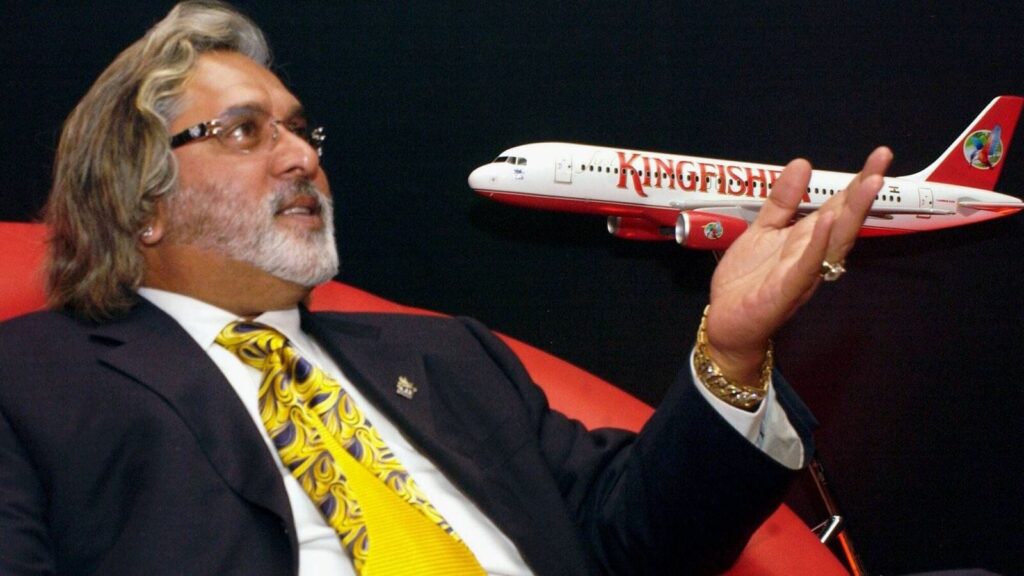Vijay Mallya, once celebrated as India’s “King of Good Times” for his opulent lifestyle and business ventures, has become a symbol of controversy and legal battles. His journey—from a successful businessman to a fugitive facing serious charges—offers a compelling narrative of ambition, excess, and accountability.
Early Life and Rise to Prominence
Born on December 18, 1955, in Kolkata, India, Vijay Mallya was the son of Vittal Mallya, a prominent businessman and former chairman of United Breweries Group (UB Group). Vijay was educated at La Martinière Calcutta and St. Xavier’s College, Kolkata, where he earned a Bachelor of Commerce degree in 1976. After completing his education, he interned at Hoechst AG in the United States before returning to India to join his family’s business.
At the age of 28, following his father’s death, Mallya took over as chairman of UB Group. Under his leadership, the company expanded its portfolio, acquiring various businesses, including Mangalore Chemicals and Fertilizers, Berger Paints, and The Asian Age newspaper. He also ventured into the aviation industry by launching Kingfisher Airlines in 2005, aiming to provide a premium flying experience.
The Kingfisher Airlines Saga
Kingfisher Airlines commenced operations in May 2005, offering luxury services to domestic and international travelers. Despite initial enthusiasm, the airline faced financial difficulties due to high operational costs and intense competition. By 2012, Kingfisher Airlines had accumulated debts exceeding ₹9,000 crore (approximately $1.2 billion) and was grounded after losing its operating license. The airline’s collapse led to unpaid salaries for employees and a tarnished reputation for Mallya .
Legal Troubles and Exile
In 2016, Mallya left India for the United Kingdom amid allegations of financial misconduct, including loan defaults and money laundering. Indian authorities charged him with willful default and declared him a “fugitive economic offender.” In 2017, he was arrested in London under a mutual legal assistance treaty. The UK High Court ruled in 2020 that he should be extradited to India to face charges; however, as of 2025, the extradition has not been executed .
In 2021, a UK court declared Mallya bankrupt, allowing Indian banks to pursue a worldwide freezing order to recover the debts owed by Kingfisher Airlines .
Public Statements and Controversies
In recent years, Mallya has made public statements defending his actions. In a 2025 podcast interview, he apologized for the failure of Kingfisher Airlines but denied accusations of theft, stating, “Call me a fugitive, not a thief” . He also claimed that banks had recovered over ₹14,000 crore from his assets, more than double the debt adjudicated by the Debt Recovery Tribunal, and questioned why he was still labeled an economic offender.
Conclusion
Vijay Mallya’s story is a cautionary tale of how unchecked ambition and financial mismanagement can lead to significant personal and professional downfall. His case continues to evoke discussions on corporate governance, accountability, and the legal processes involved in prosecuting financial crimes. As of 2025, Mallya remains in the UK, contesting extradition and seeking to restore his reputation.

